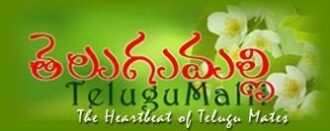In the United Kingdom’s Wellcome library, the top floor is home to 12 employees who sit in darkness illuminated only by white LEDs from a scanning machine. This is the Euston Scan Centre which runs with the aim of nineteenth century book collections from ten different libraries including University College London, London School of Hygiene and Tropical Medicine and the Glasgow University Library. With the aim of scanning 800 pages an hour and the books relating to medicine, they’ve so far scanned 2.5 million since they started in October.
Each day the books arrive in orange crates from the different libraries while the definition of medicine related textbooks is loose. Books can be based on pseudosciences such as phrenology or even esoteric healing. Each book is given a unique URL for data capture. The point of this scanning process as explained by Chris Booth, the regional digitisation manager is to ensure that these books can be read by those who want to. One of the main problems they have though is some books are falling apart and some are only very thinly held together by ribbons while some have been unopened all this time.
The machines used to do this are called ‘Table top scribes’ which are V-shaped platforms with two cameras taking photographs of either page. The work may be methodical but it can be highly interesting with outdated views, horrific images of disease and other nonsensical interests found on these pages. Once complete, the books are sent back to their forgotten spaces in their respective libraries. The Euston Scan Centre aims to have 16-17 million pages copied by 2016 however there is much more to found and copied before we come close to saving all of humanity’s knowledge.
